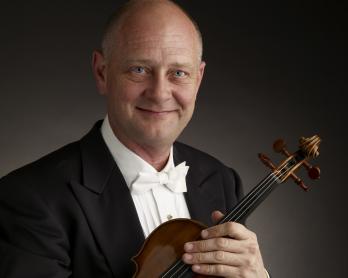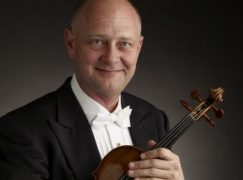Cleveland opens up its concertmaster seat
mainThe Cleveland Orchestra has finally announced an audition for its vacant concertmaster’s seat, occupied by William Preucil until October 2018, when he was sacked over allegations of sexual misconduct.
Preucil was the highest paid concertmaster in the US.

The next occupant will have to settle for less.
The principal trombone position is also up for audition, and for the same reason.






Comments